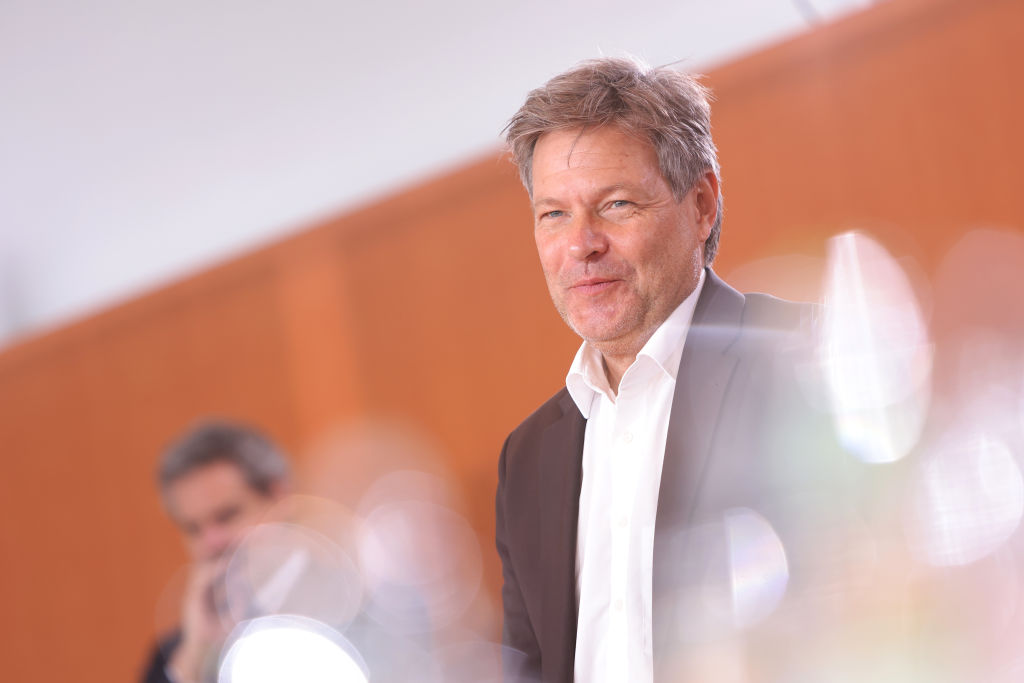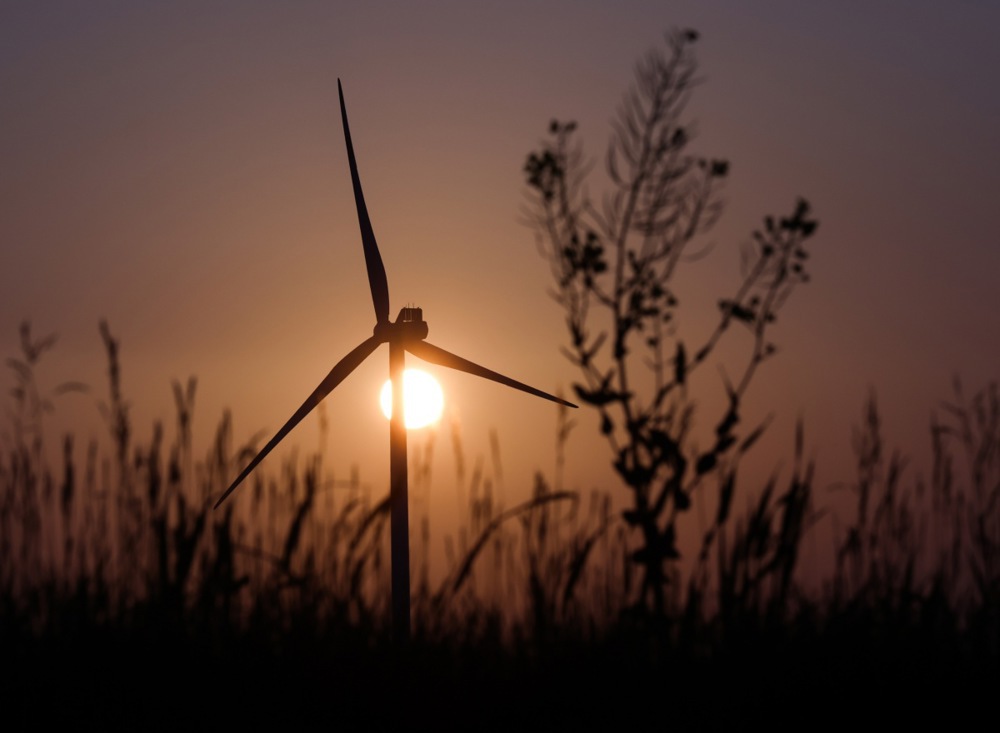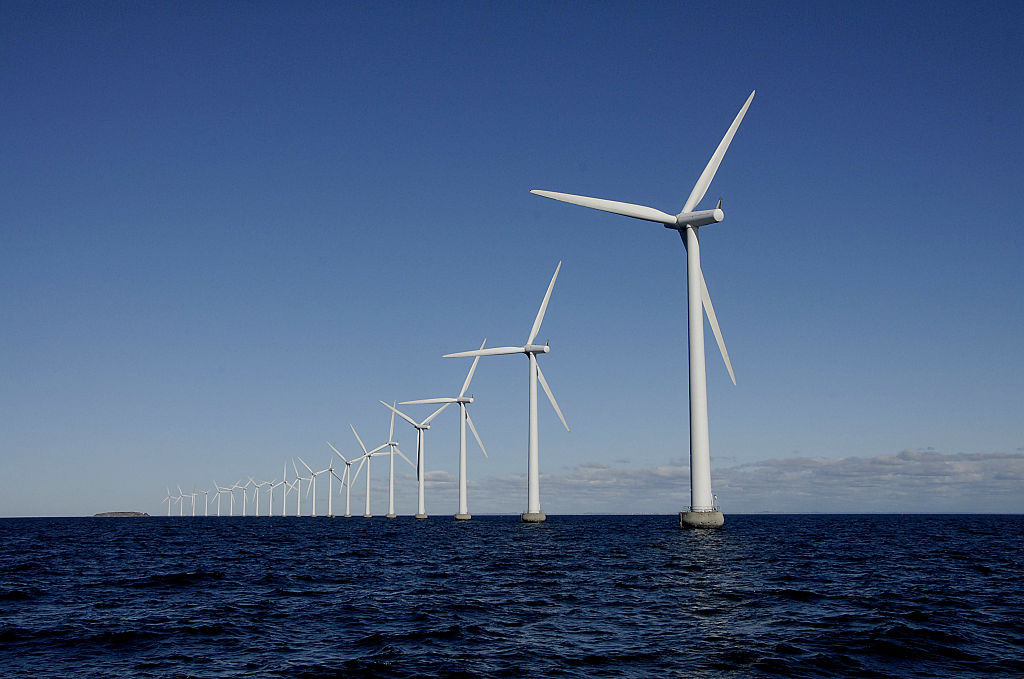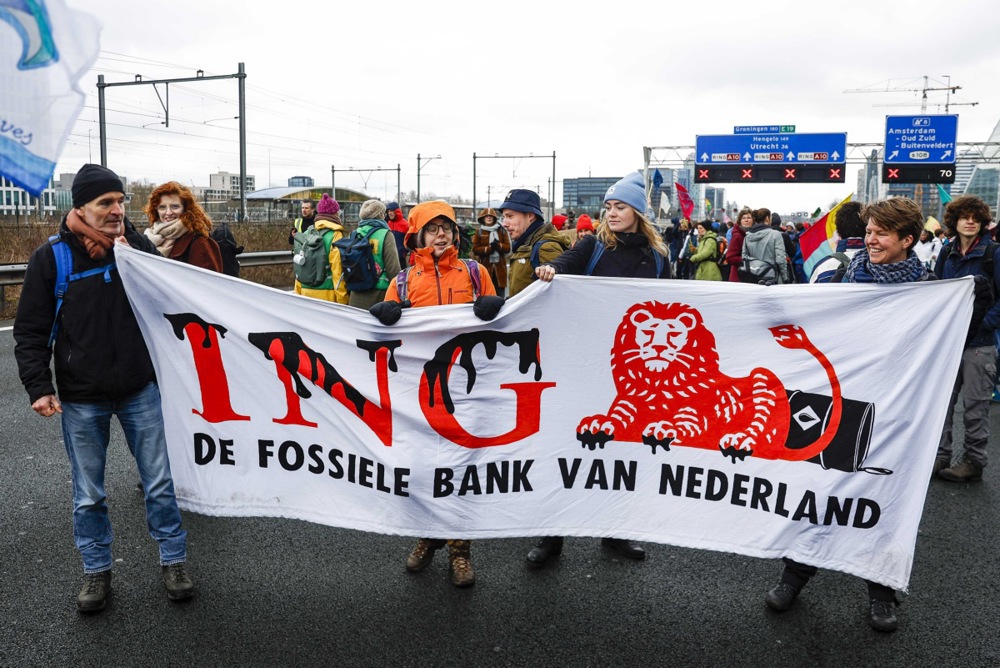Global oil producer Shell has won a landmark climate case in the Dutch courts, annulling an earlier ruling that forced the multinational to cut 45 per cent of its emissions compared to 2019.
The initial ruling was seen as groundbreaking because it opened the door for courts to enforce companies with high carbon emissions to drastically change their policies. Since then, many similar cases against energy producers have been initiated.
But the appeals court has closed that door.
While the appeals court did underline that there was an obligation on Shell to reduce its emissions, it ruled that it was not up to judges to determine how companies should reduce their carbon emissions.
Based on the 2016 Paris Agreement, climate activists of Dutch environmental organisation Milieudefensie demanded an emission reduction of 45 per cent compared to 2019 by Shell, much faster than the company had planned.
Milieudefensie said the goals of the agreement would not be met if companies such as Shell did not cut their emissions drastically, despite the UK-based giant not being a signatory of the deal.
Initially the Dutch courts sided with Milieudefensie, forcing the company to accept to an accelerated emissions reduction programme.
“The Shell Group’s CO2 emissions, including those of its suppliers and customers, exceed those of many countries. This contributes to global warming, which leads to dangerous climate change and poses serious risks to human rights, such as the right to life and undisturbed family life”, the court had said in its initial ruling.
“It is widely accepted that companies must respect human rights. This is an independent corporate responsibility, separate from state actions. This responsibility extends to suppliers and customers as well.”
On November 12, the appeals court reversed its position, saying it was fruitless to force Shell to do more than other energy producers and that making it stop reselling oil and gas from other companies would only lead to competitors stepping in.
The court noted that there appeared to be a widely held consensus about the need to limit global warming to 1.5 °C and that reduction paths must be chosen in which CO2 emissions were reduced by a net 45 per cent by the end of 2030 compared to at least those of 2019 and by 100 per cent by 2050.
“However, these reduction paths involve global reductions, which are on balance 45 per cent. This means that there are sectors and companies in countries that need to reduce more and there are sectors and companies in countries that need to reduce less”, the court stated.
“Unlike Milieudefensie et al. in these proceedings, the court of appeal cannot determine which specific reduction obligation applies to Shell.”
It went on to stress that fossil fuels had different carbon intensities and that moving from coal (which Shell does not produce) to natural gas, while increasing gas emissions, resulted in a lower overall carbon footprint and was “therefore better for the environment”.
This meant, the court said, that if Shell sold energy to a company that used to buy energy from coal, it would lead to higher emissions by Shell, but lower carbon emissions worldwide.
“It follows from that example alone that applying the general standard to Shell of 45 per cent reduction by the end of 2030 … is not sufficiently fine-grained. Nor is the standard designed to do so. There are, on the contrary, indications that different reduction paths are appropriate by sector, and they may also differ by country,” the court ruled.
The judge also stressed that Shell was already making great efforts to reduce carbon emissions. The company has claimed it had already cut 29 per cent of its direct emissions compared to 2019.
CEO of Shell, Wael Sawan, was happy with the verdict.
“We are pleased with the court’s decision, which we believe is the right one for the global energy transition, the Netherlands and our company,” he said
Representatives of Milieudefensie in a reaction afterwards said: “This ruling by the judge is a setback for us, the climate movement and millions of people around the world who are concerned. Their hopes and our hopes were pinned on this moment.
“But this statement does not mean that we start from scratch again. Because our victory in 2021 has already changed a lot. Imagine what else we can achieve together!”
They promised to continue the fight and to keep going “until all polluters are ‘green'”.
Speaking to journalists outside the court, Milieudefensie director Donald Pols, visibly shaken, said that the verdict “hurts”.
He added that the fight for the climate was “a marathon, not a sprint and the race has just begun”.
The chief executive of the Dutch bank ING has announced that client companies deemed to be not doing enough to reduce their negative impact on the climate will not receive new funding from the lender. https://t.co/MoTF219K0i
— Brussels Signal (@brusselssignal) September 23, 2024





